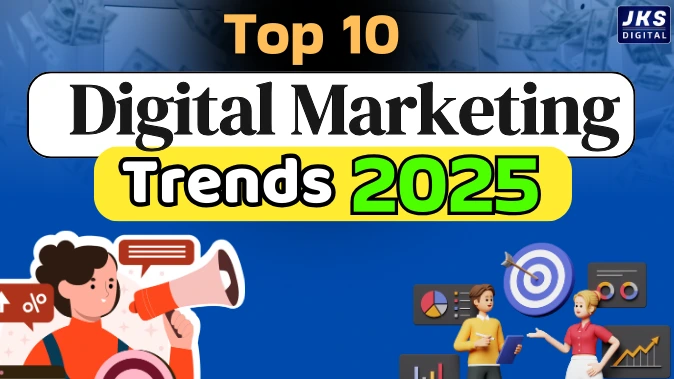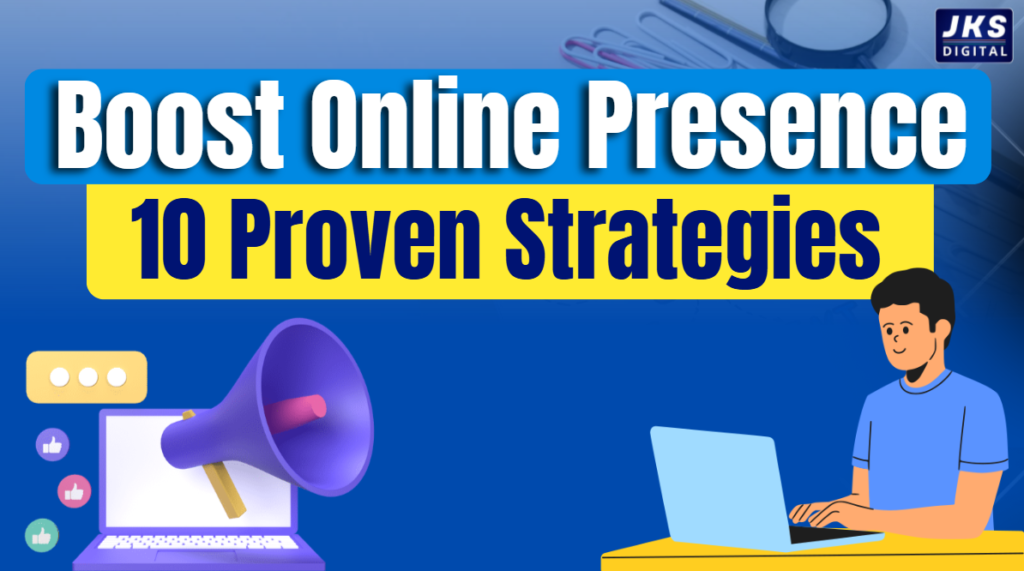Data Privacy and Cookie-Free Tracking:- In today’s digital age, digital marketing is undergoing a major transformation due to growing concerns about data privacy, new government regulations, and changing consumer behavior. Google Chrome, which powers about 65% of the world’s web browsers, plans to completely phase out third-party cookies by 2025. Also, Apple’s App Tracking Transparency (ATT) and Europe’s General Data Protection Regulation (GDPR) are making advertising more private and secure.

For a long time, marketing has used third-party cookies to track users’ online activities, serve ads, and measure their performance. But now, in a cookie-free world, new strategies must be adopted so that marketing works properly and user privacy is also respected.
In this article, we will learn:
- Why are third-party cookies being phased out?
- What problems will marketers face in a cookie-free world?
- What are the new measures to keep marketing effective?
Why are third-party cookies being discontinued?
Third-party cookies are small data files that are saved in your browser by any website. They track user activities and help personalize ads. But, they are now being removed due to concerns of data theft and privacy violations.
1. Data privacy laws and strict regulations
Governments around the world are now enforcing strict laws for personal data protection. Some important regulations:
- GDPR (Europe): Any website must take permission from the user before taking their data.
- CCPA (California, US): Gives consumers full control over their data and prevents companies from sharing it.
- PDPA (Singapore and other countries): Gives strict guidelines for collecting and using data.
2. Changes from big tech companies
- Google Chrome will stop using third-party cookies by 2025.
- Apple’s iOS 14+ update now forces apps to ask the user for permission first.
- Mozilla Firefox and Safari already block third-party cookies.
3 Changing consumer preferences
- 80% of people are concerned about their privacy online.
- Ad-blockers and privacy-focused browsers (e.g. Brave, DuckDuckGo) are becoming popular.
- People are changing their settings to avoid data tracking, making traditional advertising less effective.
For all these reasons, there will now be a need to reach users in new and secure ways.
Challenges for marketing in a cookie-free world
When third-party cookies are completely stopped, digital marketing will face many difficulties.
1. User tracking between websites will not be possible
- Remarketing ads will be affected
- Audience segmentation will be difficult
- It will be difficult to understand the online habits of the user
2. Ad personalization will be difficult
- It will now be difficult to show ads to the user according to their interests.
- Click-through rate (CTR) and conversion rate may decrease.
- Users may ignore ads that do not match their interests.
3. Measuring ad performance will be difficult
- Marketers will find it difficult to understand which channel is working better.
- Multi-touch attribution (where the entire user journey is tracked) will no longer be reliable.
- Companies can spend more on advertising without clean data.
4. Dependence on companies like Google, Facebook will increase
- These companies control first-party data, giving them a competitive advantage.
- Companies like Google, Facebook, Amazon, Apple will now have more first-party data.
- Small businesses will have to work harder to collect and understand their own data.
Advertising costs may increase.
Read Also:- Best Side Hustles of 2025: Easy Ways to Earn 1000+ Per Day
5. People will be annoyed by asking for permission repeatedly
Every website will ask for permission from the user, due to which people will start ignoring it.
The number of people refusing to give data may increase.
How to market in a cookie-free world?
To deal with these challenges, companies will have to adopt new strategies.
1. Collect your own data (First-Party Data Collection)
- Engage users through email subscriptions, loyalty programs and offers.
- Collect data directly from them (Zero-Party Data), such as their preferences, feedback and survey data.
- Use a CRM (Customer Relationship Management) system.
2. Adopt Contextual Advertising
- Ads should be based on the content of the website, rather than tracking the user’s activities.
- Example: If a website is based on fitness, then a sports brand can run its ads there.
3. Use AI and machine learning
- Machine learning can help create new strategies by understanding old data.
- Like Netflix, companies can show content and ads according to the user’s choice.
4. Adopt Google Privacy Sandbox and new technologies
- Google is bringing a technology called FLoC (Federated Learning of Cohorts), which will allow showing ads to groups of users without tracking their personal data.
- Google Topics API will deliver ads based on the user’s choice, without violating privac.
5. Use Server-Side Tracking & First-Party Pixels
- Unlike browser-based tracking, server-side tracking stores data directly on a website’s server.
- First-party pixels allow brands to track user behavior without violating privacy laws.
6. Leverage Data Clean Rooms
- Google Ads Data Hub & Facebook Advanced Analytics offer privacy-safe data analysis.
- Marketers can compare their first-party data with platform insights while maintaining user privacy.
Read Also:- How to Make Money with Deepseek in 2025: 10 Proven Ways
Conclusion: The Future of Marketing Without Cookies
The end of third-party cookies is not the end of digital marketing, but it requires a shift in strategy. Marketers who adopt privacy-friendly solutions early will stay ahead in the new digital landscape.
Key Takeaways for Marketers:
First-party data is the future—build trust and encourage opt-ins.
Contextual advertising will replace behavioral tracking.
AI & machine learning will help personalize ads without invading privacy.
New tracking alternatives, like Google’s Topics API, will shape digital marketing.
As consumers demand greater control over their personal data, brands must embrace ethical and privacy-focused marketing to stay competitive.






